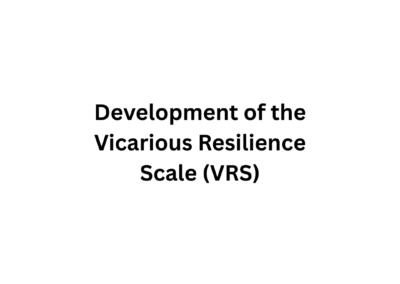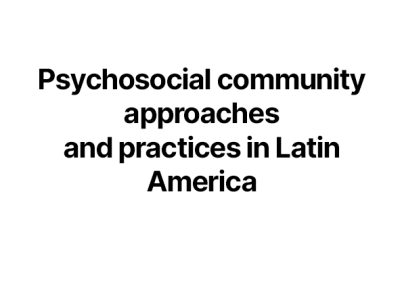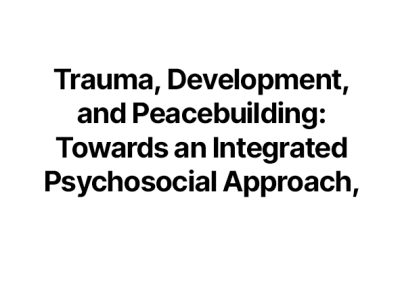Addressing trauma and emotions in human rights: Reflections from teaching and practice
Gabrielle Jackson, Sarah Paoletti, and Margaret L. Satterthwaite
As academics and practitioners operating within the sphere of human rights and immigrant rights – work that requires listening to and engaging with experiences and narratives grounded in oppression, repression, violence, insecurity, discrimination – we are challenged to intentionally and effectively address the direct and vicarious trauma that surface in our work. We are also increasingly called upon by our students to recognize and respond to the full range of emotions that human rights work entails. This chapter incorporates the expertise of a licensed clinical social worker with experience working within the immigrant rights movement and human rights advocacy spaces and the insights of two clinical law professors. Together, we address strategies for acknowledging and giving space for the emotions and trauma we and our students grapple with in clinical human rights work. In doing so, we hope to enable the next generation of advocates to consciously and actively connect with the joy and rewards that can come from the work itself, from engagement with community – a community of clients, partners, and collaborators – and from our own lives.
RELATED RESOURCES

Well-being, Risk, and Human Rights Practice, Alice Nah, Human Rights Defender Hub Policy Brief 1, University of York (2017)
Read More
Estrés Traumático Secundario (ETS) en Periodistas Mexicanos y Defensores de Derechos Humanos, Rogelio Morales, Liliana Souza Colin, Angela O. Mireles, Bonilla Allende (2016) Summa Psicológica UST, 13, 101-111.
Read More
“Frayed All Over:” The Causes and Consequences of Activist Burnout Among Social Justice Education Activists, Paul C. Gorski and Cher Chen, Educational Studies (2015)
Read More
Burnout in Social Justice and Human Rights Activists: Symptoms, Causes and Implications, Cher Weixia Chen and Paul C. Gorski, Journal of Human Rights Practice (2015)
Read More



